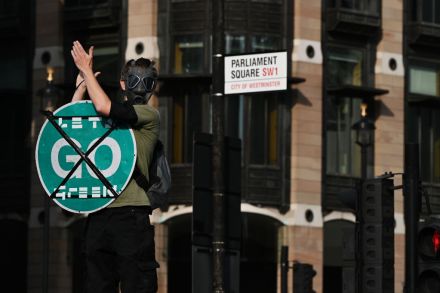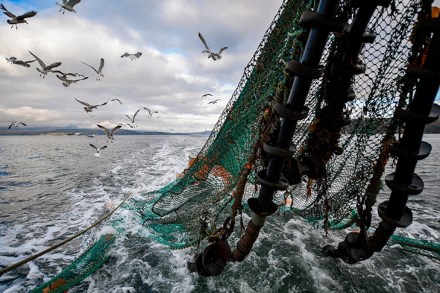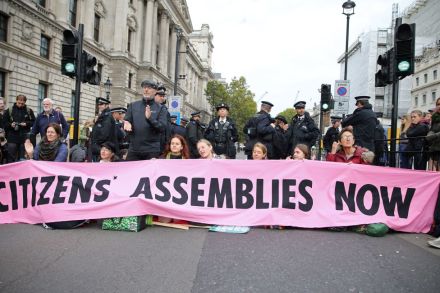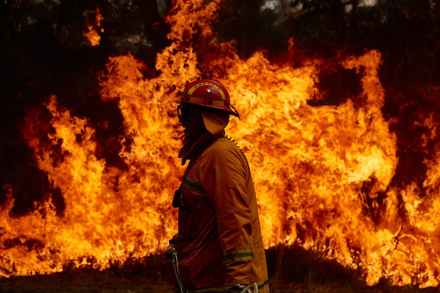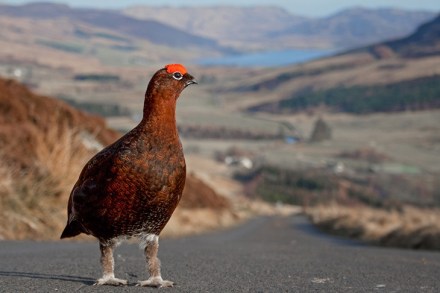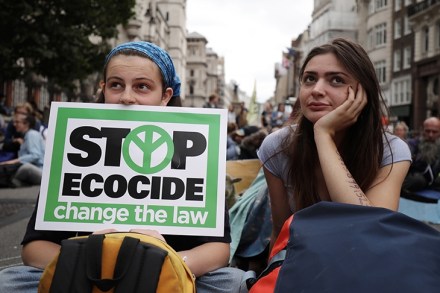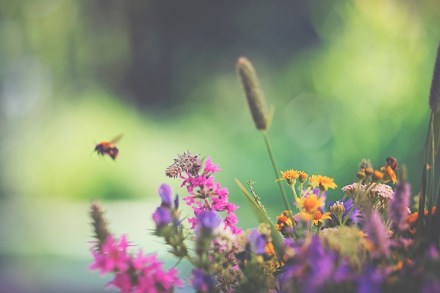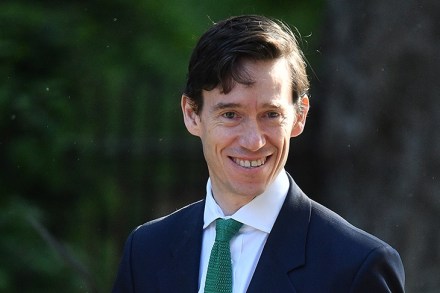What’s the truth about the farmer who fell victim to a media hate-fest?
Have you heard about John Price destroying a stretch of the river Lugg? If not, you have led a sheltered existence. This month, Mr Price, who lives in the Luggside farm he was born in 66 years ago, in Kingsland, Herefordshire, has been attacked by the BBC (who ran denunciations of him unnamed), the Wildlife Trust (‘extreme vandalism’), Monty Don (‘it breaks my heart’), the Daily Mirror etc. He is said to have destroyed habitats by dredging, and by laying waste the bank on one side. Something about the media unanimity aroused my suspicions, so I followed up. Mr Price, clearly a determined man, has spoken out in the Herefordshire


